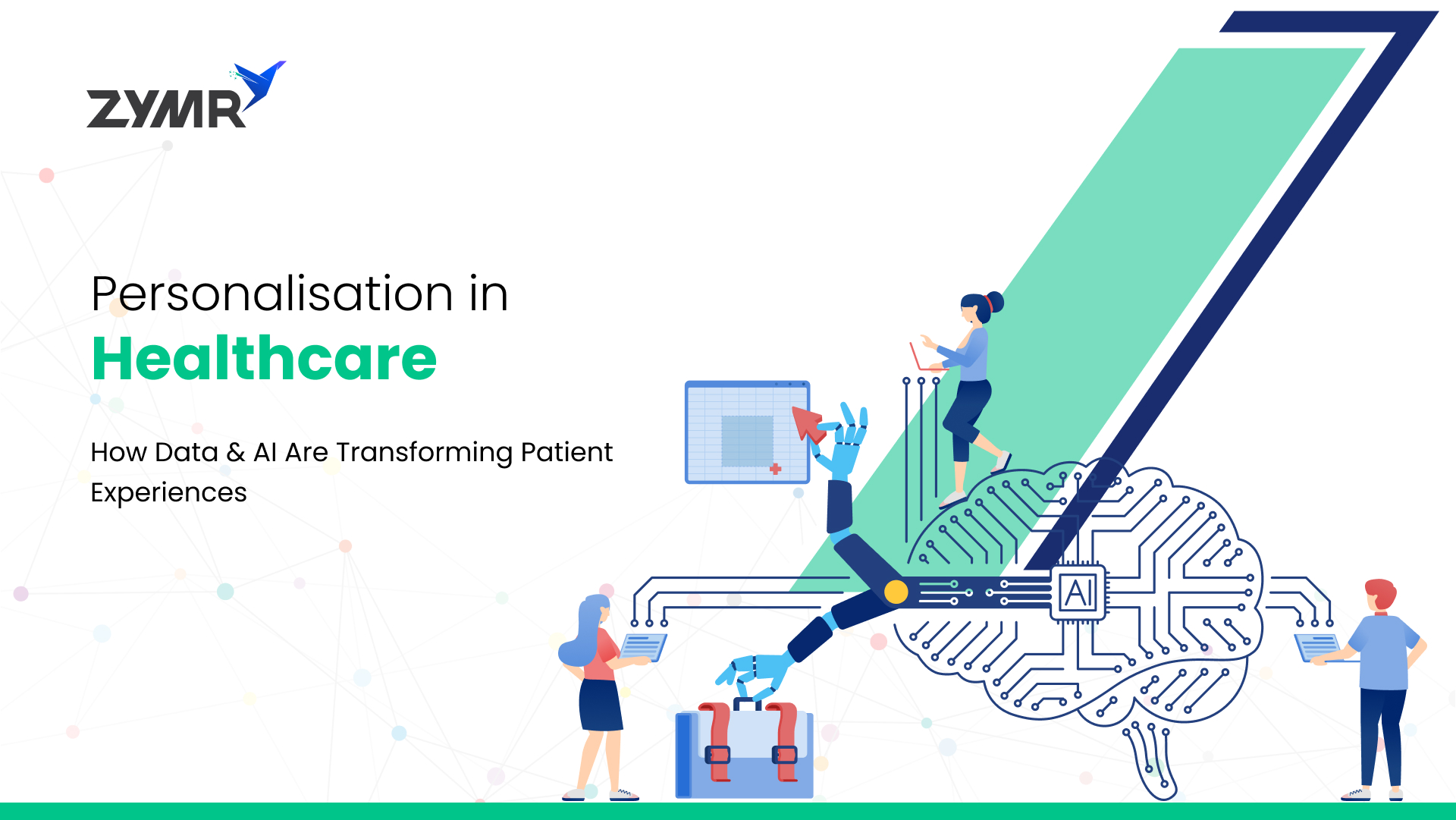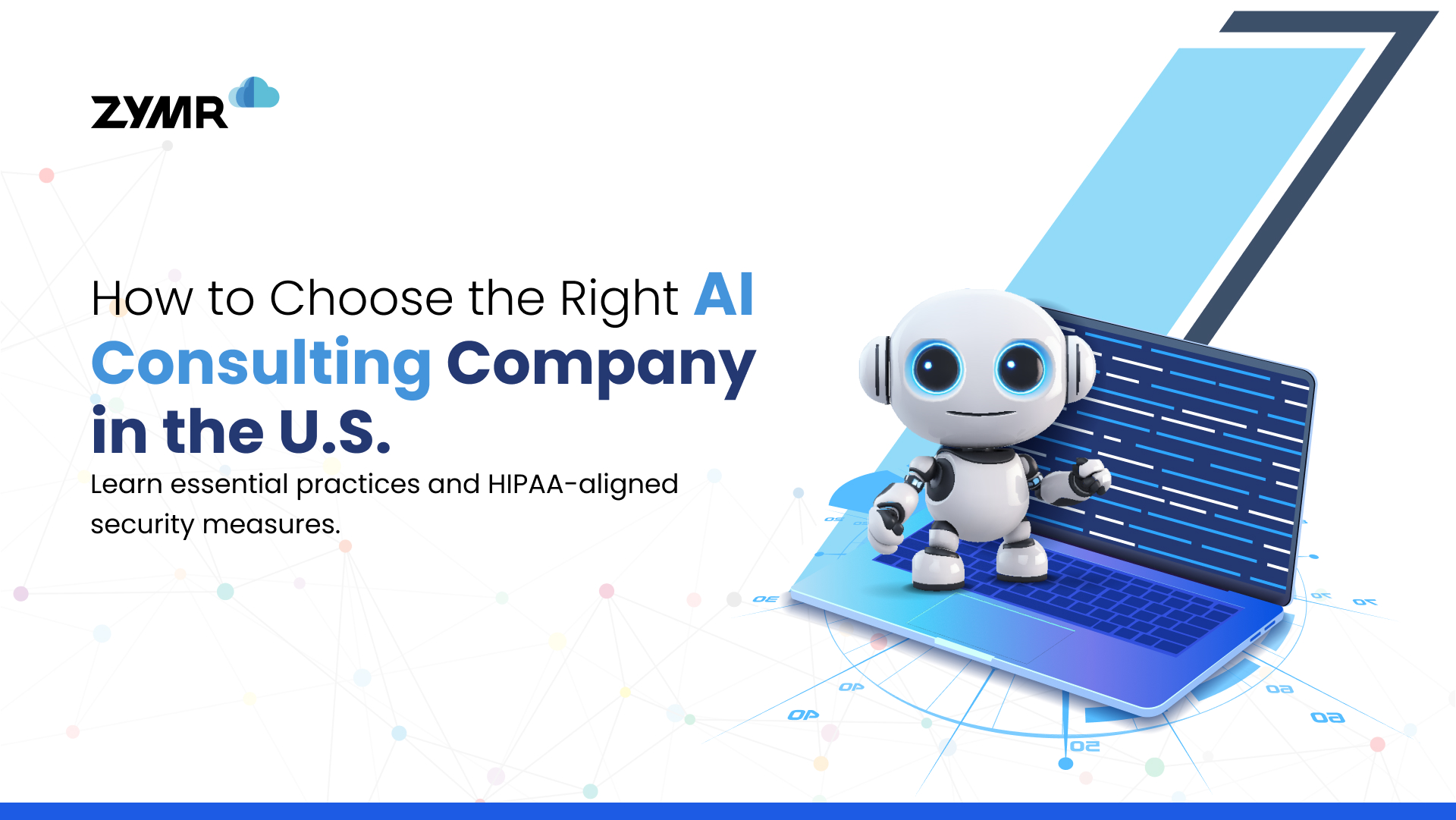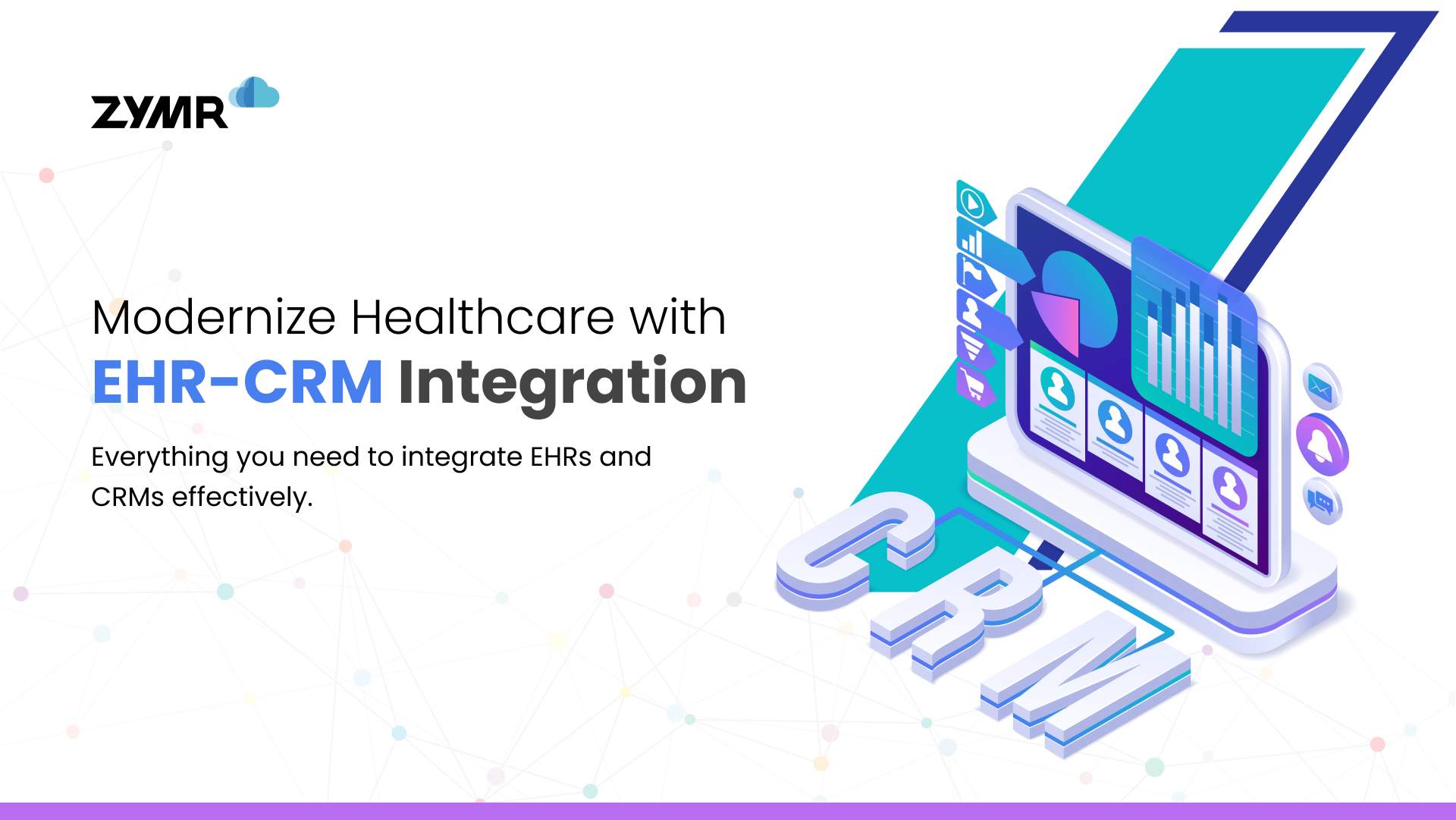Docker-Driven DevSecOps Solutions: Streamlining Software Development Services for the Future

March 25, 2025
DevSecOps Solutions
Software development services are going through fierce market competition thanks to more motivated software automation services and the proliferation of cloud application development. Additionally, the escalating frequency and sophistication of cyber threats necessitate robust security measures to safeguard sensitive data and intellectual property. Anxieties of such a scale are already pushing a shift from DevOps to more secure practices like DevSecOps. What futhers the determination of DevSecOps solutions to emphasize security integration is an essential tool called, Docker. Docker's containerization capabilities significantly enhance DevSecOps practices by promoting consistency, security, automation, and collaboration.
In the times when digital transformation ambitions desperately need efficient automation and continuous delivery to accelerate time to market, the pressure to deliver high-quality, scalable, and reliable solutions has intensified. In this blog we delve into the crucial role of Docker-driven DevSecOps in streamlining software development services.
Containerization is crucial for DevSecOps as it promotes consistency, efficiency, and security throughout the software development and deployment lifecycle. Docker helps containers to encapsulate applications and their dependencies, ensuring uniformity across different environments. Here’s how the tool helps DevSecOps teams streamline collaboration between development, security, and operations teams, enabling agile, reliable, and secure software development services.
- Consistency and Portability: Docker containers encapsulate applications and their dependencies, ensuring consistency across different environments. This consistency allows developers to build, test, and deploy applications consistently, reducing the risk of discrepancies between development, testing, and production environments.
- Isolation and Security: Docker containers provide a high level of isolation, enabling developers to run applications securely without interfering with the underlying host system or other containers. This isolation enhances security by reducing the attack surface and minimizing the impact of potential vulnerabilities.
- Continuous Integration and Continuous Deployment (CI/CD): Docker enables developers to create lightweight, isolated containers for each code change, making it easier to automate continuous integration and continuous deployment processes. DevSecOps teams can use Docker images as a baseline for security scans, ensuring that each code change meets security standards before deployment.
- Version Control: Docker images serve as version-controlled artifacts, allowing teams to track changes and roll back to previous versions if needed. This version control helps in maintaining a history of images, including security updates, for auditing and compliance purposes.
- Vulnerability Scanning: Docker Hub and other container registries offer vulnerability scanning services that automatically check Docker images for known security vulnerabilities. This proactive approach enables DevSecOps teams to identify and address potential security issues before deploying applications.
- Immutable Infrastructure: Docker promotes the concept of "immutable infrastructure," where containers are treated as disposable and replaced rather than patched. This approach ensures that applications run on the latest and most secure versions of their dependencies.
- Compliance and Auditing: Docker containers provide a clear picture of the application's composition and dependencies, making it easier to meet compliance requirements and conduct security audits. The use of Docker images allows for traceability and transparency throughout the development and deployment process.
- Collaboration: Docker's standardized container format simplifies collaboration between development, security, and operations teams. DevSecOps practitioners can share Docker images, ensuring that security configurations are consistently applied across various stages of the development lifecycle.
Conclusion
As the software development landscape evolves, the role of Docker in DevSecOps solutions will continue to expand, meeting the demands for agile, secure, and efficient practices. The tool’s potential to create consistent, scalable, and secure environments aligns perfectly with not only future software development services but also test automation services and cybersecurity solutions. Embracing Docker as a long-term ally empowers businesses to adapt to dynamic market needs, deliver innovative solutions, and maintain a competitive edge. By seamlessly integrating containerization into services like DevOps automation services, or even platform engineering services for that matter can help businesses achieve streamlined workflows, enhanced security, and optimized resource utilization. Docker at the core of DevSecOps emerges as a transformative approach, propelling the industry towards unprecedented levels of success and innovation.
FAQs
>
>
>
>
>
Have a specific concern bothering you?
Try our complimentary 2-week POV engagement
Our Latest Blogs

January 4, 2026
Personalisation in Healthcare: How Data & AI Are Transforming Patient Experiences


December 30, 2025





.svg)
.svg)
.svg)
.svg)
.svg)
.svg)
